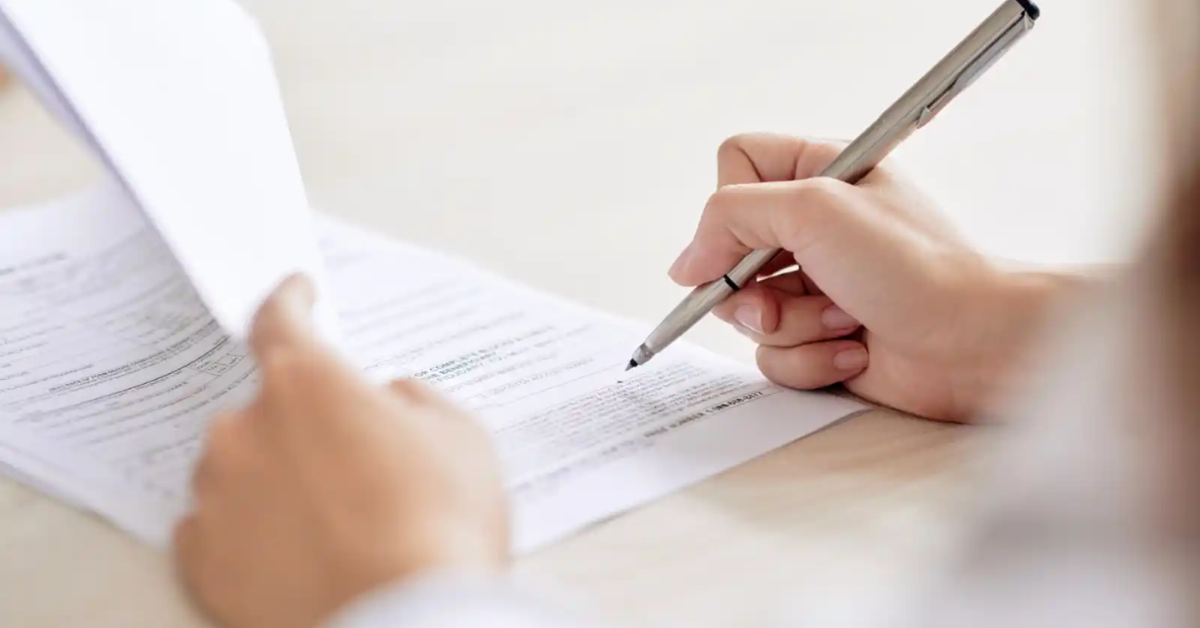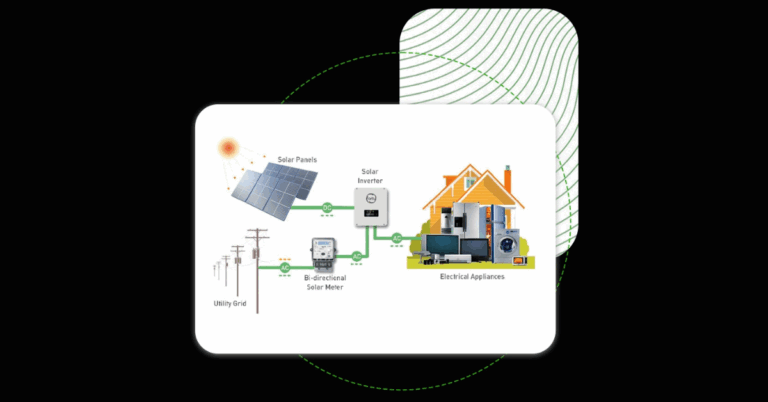Understanding the Role of a Process Server in Louisiana
In Louisiana, a process server plays a crucial role in ensuring that legal documents are delivered properly, allowing a case to move forward through the court system. Whether you’re involved in a civil lawsuit, family dispute, or eviction, understanding the duties and responsibilities of a Process Server Louisiana can help you navigate legal proceedings with more confidence.
What is a Process Server?
A process server is an individual tasked with delivering legal documents to parties involved in a lawsuit or legal proceeding. These documents, known as “process,” typically include summonses, complaints, subpoenas, and other notices that inform individuals of legal actions taken against them or their involvement in a case.
In Louisiana, the role of a process server is similar to that in other states, but there are some local variations. A process server must follow specific rules outlined in Louisiana’s Civil Code and court procedures to ensure the delivery is lawful.
Why is a Process Server Important?
The service of process is a fundamental step in the legal system because it ensures that individuals are notified of legal actions against them. Without proper service, a court case cannot proceed, and the rights of individuals could be violated. Proper service helps ensure fairness in legal proceedings by giving all parties an opportunity to respond to claims made against them.
Legal Requirements for Process Serving in Louisiana
Louisiana has strict guidelines about how and when a process server can deliver legal documents. These are designed to ensure that the recipient receives proper notice of the legal action. Some of the key requirements include:
- Personal Service: In most cases, the process server must deliver documents directly to the person being served. This is known as “personal service,” and it is the most effective form of service.
- Substitute Service: If the recipient is not available, Louisiana law allows for “substitute service.” This means the process server can deliver the documents to a competent adult at the recipient’s home or workplace.
- Service by Mail: In some instances, documents can be sent by certified mail with return receipt requested. However, this method is not always applicable and may depend on the type of case.
- Affidavit of Service: Once the documents are successfully delivered, the process server is required to file an affidavit with the court. This document verifies that the service was completed according to the law.
Who Can Be a Process Server in Louisiana?
In Louisiana, process servers do not have to be licensed; however, they must meet certain qualifications. These may include being over the age of 18, not being a party to the case, and having a clear understanding of Louisiana’s legal service rules. Some courts may require process servers to be registered with the court or have a certification that demonstrates their knowledge of process serving protocols.
The Challenges of Process Serving
Process serving can sometimes be difficult, especially in cases involving difficult-to-locate individuals or where the recipient tries to avoid service. Process servers often have to be persistent and creative in their methods. They may try multiple attempts to serve documents or use other methods of service if personal delivery isn’t possible.
Moreover, process servers must remain neutral and professional at all times. They cannot use force or intimidation to deliver the documents, and they must avoid actions that could result in the violation of an individual’s rights.
Why You May Need a Process Server
If you are involved in a legal case in Louisiana, hiring a professional process server can help ensure that the legal requirements for service are met. Whether you’re filing a lawsuit, serving divorce papers, or requesting subpoenas, a process server can guarantee that your case progresses smoothly and efficiently.
A qualified process server can also provide updates on the status of the service, offer professional advice about legal procedures, and ensure all deadlines are met in accordance with the law.
Conclusion
Process serving is a vital part of Louisiana’s legal system, and its importance cannot be overstated. Whether you’re involved in a legal dispute or need to serve documents to another party, hiring a reliable and experienced process server is essential to ensuring the law is followed and that the case can proceed without delays. Understanding the process, requirements, and challenges involved can help you better navigate the legal landscape in Louisiana.







